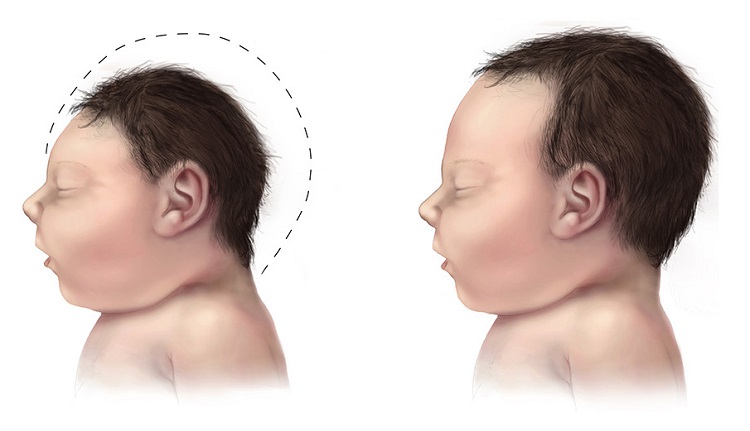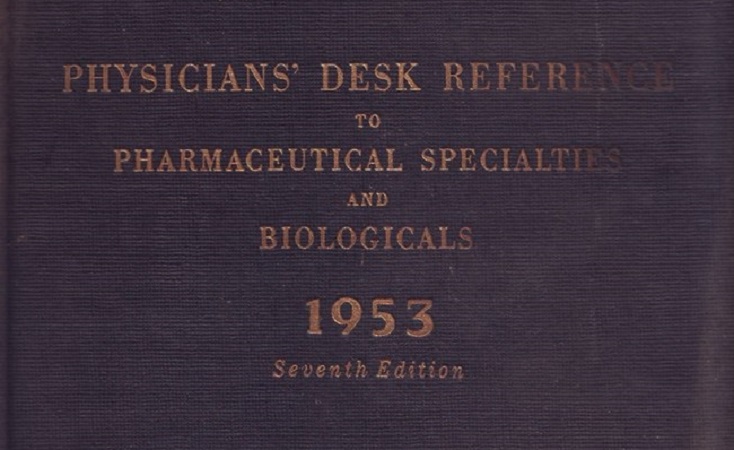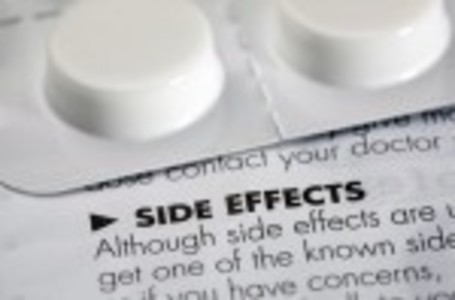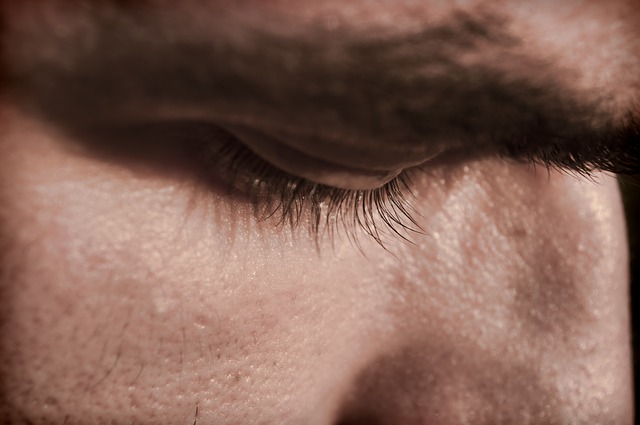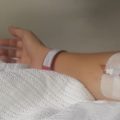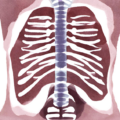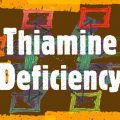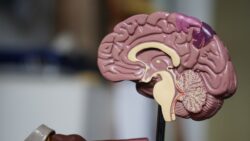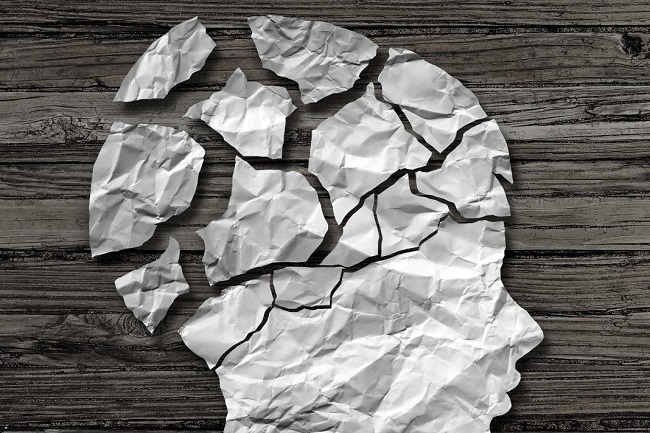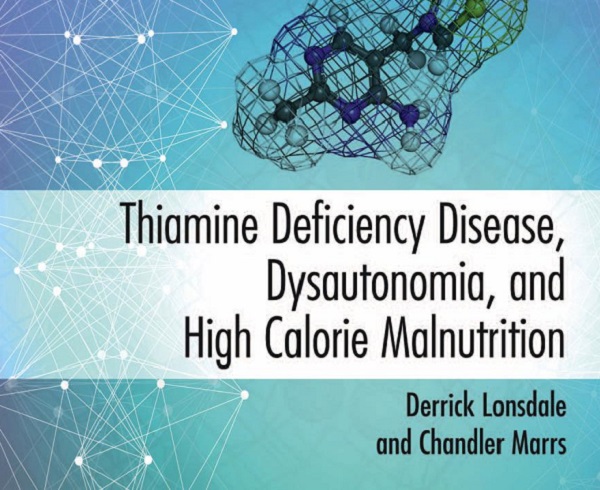Perhaps you’ve seen the case of Erick and Marlise Munoz, who reside in Tarrant County, Texas. Marlise is comatose due to a pulmonary embolism and is on life support because she is pregnant. In previous conversations, Marlise had expressed to her husband that she wouldn’t want to be on life support should she become comatose. These wishes, and the wishes of her husband, are being disregarded by the hospital. Current laws in Texas protect fetal rights over the rights of the mother; this means that Marlise will be kept alive until her child can be delivered safely, even though neither she nor her husband desired this outcome. This baby may face many developmental challenges because Marlise has been deprived of oxygen, so Erick will be facing another hurdle.
I had thought that the missing safeguard for the Munoz couple was a living will, which many younger people assume is for senior citizens; that if Marlise had a living will expressing her wish to be removed from life support, she wouldn’t be kept alive. Wrong. Texas law has the authority to void a living will in the interests of keeping a fetus alive. However, this point differs from state to state.
This case accentuates the importance of having a living will at any stage in life, senior or not, as well as discussing your wishes about being kept on life support with your family or partner. However, even a living will may not protect your wishes if you happen to become pregnant; this depends upon which state you reside in.
When did the rights of an unborn child become more important than the rights of the mother, and what is the desired outcome of the fetal rights movement? The term “fetal rights” applies the same legal protection to fetuses as children, meaning that mothers can be imprisoned and sentenced for decisions they made while pregnant that may have endangered the life of the fetus. And, as Vince Beiser of Mother Jones writes, “such tactics may be paving the way for abortion – the ultimate violation of “fetal rights” – to legally be declared murder.”
Take, for instance, the case of Sally DeJesus, a woman residing in North Carolina, profiled in the Mother Jones article “Fetal Abuse”, who briefly relapsed into drug addiction while pregnant, but still sought treatment and delivered a healthy baby. Because she admitted her mistake of using drugs while pregnant to healthcare workers out of the desire to keep her baby healthy, she’s now facing up to three years in prison.
Women’s rights advocates are concerned because this could mean that people struggling with addiction while pregnant won’t seek help because of these legal penalties, and will further endanger their own health and the health of their unborn children. Furthermore, this law penalizes women who use illegal drugs and ignores women who may be endangering their fetuses with legal substances, such as cigarettes or alcohol. If the goal is to protect unborn children from irresponsible or uninformed mothers, it is a sloppy one. It also appears to lead more women into the prison system rather than a system of supportive rehabilitation. If the state cares about the lives of the unborn children it claims to protect, it won’t lead them to have mothers in prison with untreated addiction problems.
What we’re left with is a mass of sticky questions. If the state has the right to keep someone alive against their will and the wishes of their family, who has to foot the hospital bills? Since the Munoz family would not have chosen to deliver the child now being kept alive by the hospital, who will pay for the care of the child that will likely face developmental challenges due to oxygen deprivation? Who is responsible for the child when the state decides life or death?
The fact that the state of Texas can overlook a living will to preserve the life of a fetus also raises the question of how far that can go. What’s the point of making a living will if the state can override it? If the state’s interest is in preserving life at all costs, why honor the “do not resuscitate” clauses at all? Presumably this won’t happen, because the lives of unborn children seem to be more important than the adults responsible for them.
In states where fetal rights advocates have passed legislation, people, especially women who are or may become pregnant, find they don’t get to choose how they live or die. If they’re struggling with addiction, they may further endanger their own lives to stay out of prison for endangering the fetus, rather than seek medical help. Furthermore, certain cases in Alabama and Mississippi are toeing the line for prosecuting women who’ve miscarried due to illegal drug use. Clearly these laws are being put in place to establish personhood for fetuses so that abortion laws can be challenged. That leaves pregnant women in certain states faced with the possibility of jail time for miscarrying, depending on certain factors. Abortion may be legal, but endangering the life of an unborn child, sometimes unintentionally, may become illegal. It’s a frightening state of affairs when the life of a fetus becomes the keystone of determining what happens to the life of a woman. Think of Ireland’s draconian anti-abortion laws and how they led to the 2012 death of Sita Halappanavar, who died while under hospital care because she was refused a badly needed abortion during a life-endangering miscarriage. Sita’s life ended because it was deemed that her fetus, which had already died, was more important than Sita’s own life.

